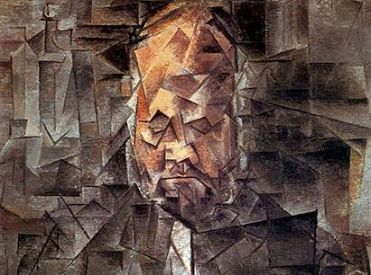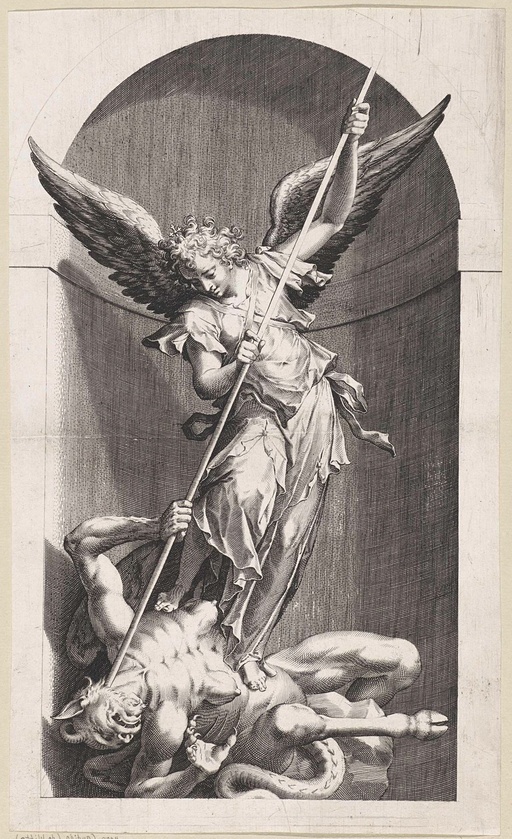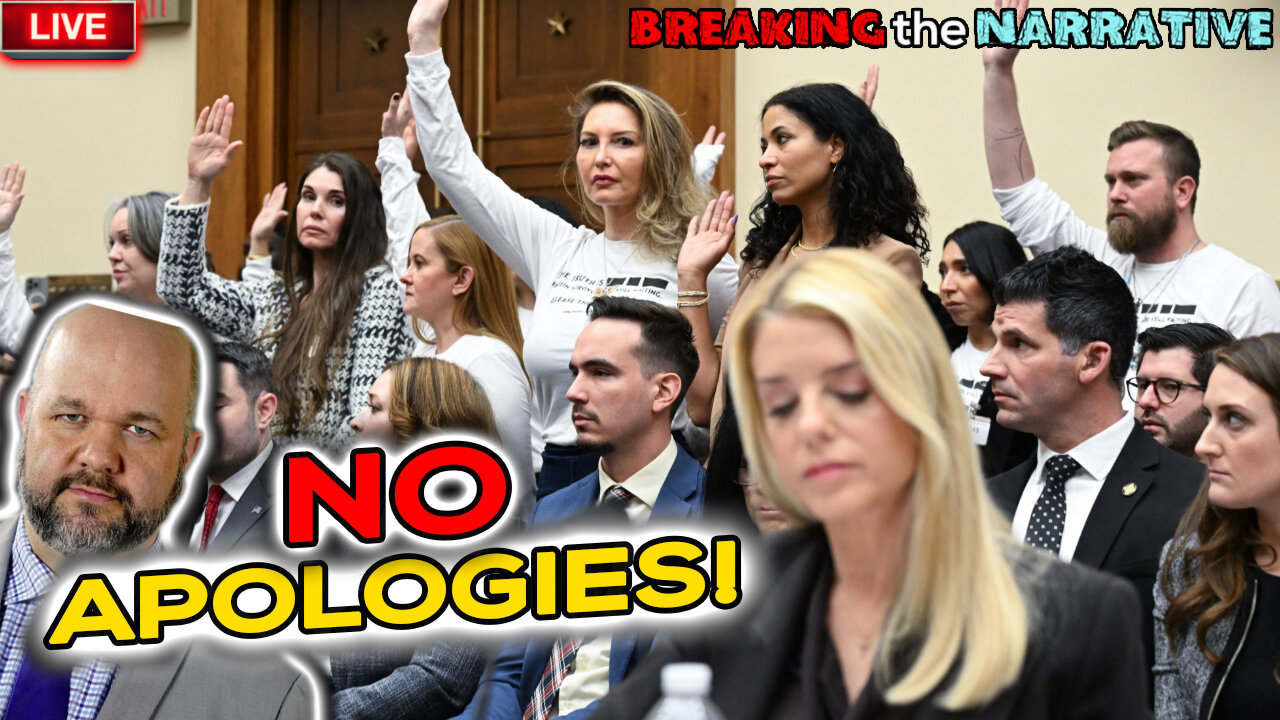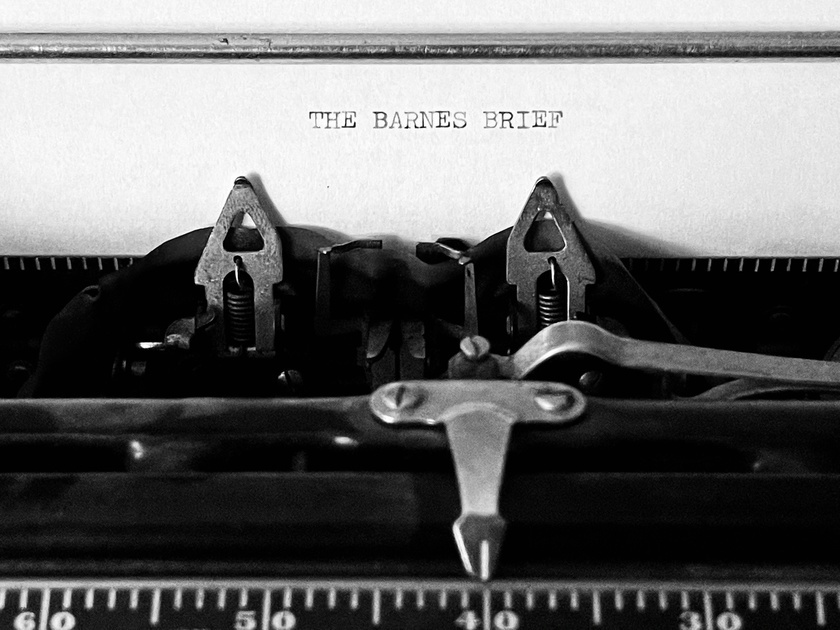I. INTRODUCTION
A. Art of the Week
- When Picasso painted me before I was born, his portrait of famous patron saint of the arts, Ambroise Vollard. The painting struck my brother when he first saw it in person, as a biographical portrait of yours truly. The intensive, internal self-reflection expresses a true self-recognition. My favorite portrait to this day, even if only of me across the psychic plains of time and space.
B. Recommendation of the Week
- Reshore. The argument for using tariffs to reindustrialize America. https://www.goodreads.com/book/show/230408506-reshore
C. Wisdom of the Week
- “I am a tariff man, with a tariff plan, standing on a tariff platform.” President William McKinley.
D. Appearances
- LIVE w/ George Gammon https://vivabarneslaw.locals.com/post/7699318/george-gammon-interview
- LIVE w/ Daniel Davis https://vivabarneslaw.locals.com/post/7694824/live-w-lt-col-davis
- LIVE w/ Alex Jones
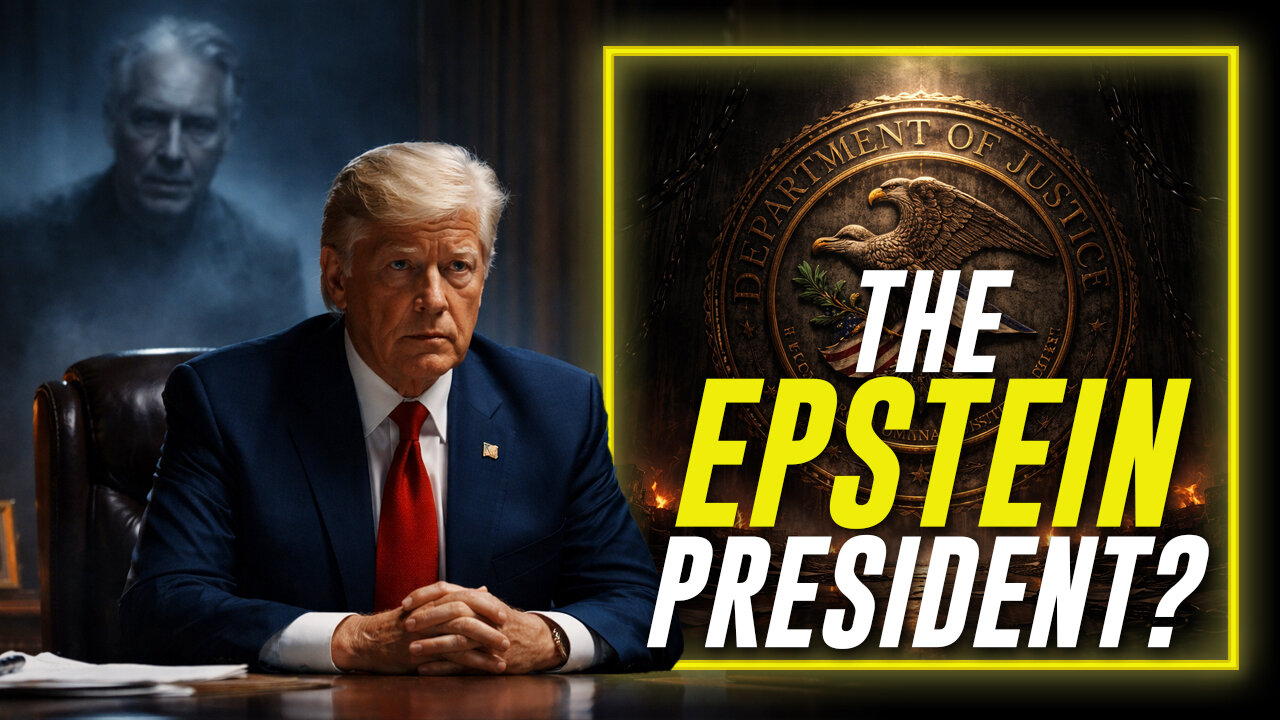
II. THE EVIDENCE
- A reminder: links are NOT endorsements of the authors or their interpretation of events, but intended to expand our library of understanding as well as expose ideas of distinct perspective to our own.
A. Barnes Library: Curated Weekly Articles of Interest
- 1776 Law Center Survey: War Vote Mirrors Midterms https://www.bigdatapoll.com/blog/democrats-expand-generic-ballot-lead-in-february/
- Iran War risk. https://www.theamericanconservative.com/war-on-iran-is-the-opposite-of-realism/
- Welfare state fraud. https://www.liberalpatriot.com/p/the-democrats-fraud-problem
- Utility battles. https://prospect.org/2026/02/19/blackstone-private-equity-utility-acquisition-new-mexico-public-service-txnm-energy/
- Remembering Jessie Jackson. https://www.theamericanconservative.com/jesse-jackson-complicated-man/
*Bonus: Bald eagle rescued. https://abc7ny.com/post/nypd-officers-describe-rare-rescue-trapped-american-bald-eagle-icy-hudson-river-nyc/18616678/
B. Best of the Board: Five Fantastic Posts of the Week
- Bill Brown’s comedic relief. https://vivabarneslaw.locals.com/post/7704528/title
- Jonathan’s prayer. https://vivabarneslaw.locals.com/post/7704685/morning-daily-prayer-heavenly-father-i-thank-you-for-blessings-everyday-i-thank-you-for-my-beloved
- Meme magic. https://vivabarneslaw.locals.com/post/7704745/title
- Bountiful art. https://vivabarneslaw.locals.com/post/7704798/title
- Board thoughts on Iran war. https://vivabarneslaw.locals.com/post/7700010/board-poll-war-in-iran
*Bonus: Bondi mockery. https://vivabarneslaw.locals.com/post/7703469/spotted-all-over-washington-dc-while-i-normally-don-t-share-the-political-views-of-people-in-dc
**Bonus: Weekly Wisdom. https://vivabarneslaw.locals.com/post/7704649/the-intersection-of-politics-youtube-commentary-and-critical-traffic-infrastructure-https-you
C. Homework: Cases of the Week for Sunday
- SCOTUS: Tariffs. https://www.supremecourt.gov/opinions/25pdf/24-1287_4gcj.pdf
- Facebook trial. https://courthousenews.com/safety-was-someone-elses-problem-ex-facebook-vp-says-in-teen-social-media-trial/
- Jury bias in Musk case. https://courthousenews.com/contempt-for-musk-clouds-jury-selection-in-twitter-takeover-trial/
- Amazon death. https://www.courthousenews.com/wp-content/uploads/2026/02/amazon-nitrite-washington-supreme-court-2.pdf
- Virginia redistricting stalls. https://www.courthousenews.com/wp-content/uploads/2026/02/tazewell-injunction.pdf
- British ex-royal arrested. https://courthousenews.com/ex-prince-andrew-arrested-on-suspicion-of-sharing-sensitive-documents-with-epstein/
- Firetruck monopoly. https://www.courthousenews.com/wp-content/uploads/2026/02/mke-v-fire-truck-manufacturers.pdf
- ICE churches. https://www.courthousenews.com/wp-content/uploads/2026/02/synod-v-dhs-ice-injunction.pdf
- Tina Peters denied bond. https://www.courthousenews.com/wp-content/uploads/2026/02/people-tina-peters-order-bond.pdf
- Slushie fraud. https://www.courthousenews.com/wp-content/uploads/2026/02/slush-puppie-forged-email-with-icee.pdf
- The HP merger case. https://business.cch.com/ald/USvHewlettPackardEnterpriseCo122025.pdf
- Tunney Act Trump DOJ risks. https://prospect.org/2025/07/29/2025-07-29-law-could-blow-open-trump-antitrust-corruption/
*Lobbyist disclosure laws. https://www.law.cornell.edu/uscode/text/2/chapter-26
**Lobbying disclosure guidelines. https://www.senate.gov/legislative/resources/pdf/S1guidance.pdf
***Transanity in Canada. https://vivabarneslaw.locals.com/post/7704549/tribunal-ruling-out-of-british-columbia-canada
III. CLOSING ARGUMENT: Constitution Masterclass Series — Article I, Tariffs
- Article I, section 7 enumerates the power “for raising revenue” to the legislative branch of Congress, commencing with the House and continuing onto the senate.
- Article I, section 8, clause 1 enumerates the power “to lay and collect taxes, duties, imposts and excises” to the legislative branch in Congress.
- Article I, section 8, clause 3 enumerates the power “to regulate commerce with foreign nations” to the legislative branch in Congress.
- Article I, section 8, clause 5 enumerates the power to “fix the standard of weights and measures” to the legislative branch in Congress.
- Article I, section 8, clause 10 enumerates the power to “define and punish” those “offenses against the law of nations” to the legislative branch in Congress.
- Article I, section 8, clause 11, enumerates the power to “declare war” as well as “grant letters of marque and reprisal” and “make rules concerning captures on land and water,” to the legislative branch in Congress.
- Article I, section 8, clause 18 enumerates the power to “make all laws” that “shall be necessary and proper” for effectuating those other enumerated powers itemized above in the tariff context.
- Article I, section 10, clause 2 prohibits states from imposing any imposts or duties on imports or exports except as necessary for inspections.
- In aggregate and in particular, the Constitution enumerates to the legislative branch the power to tariff. Hence, any claim of Presidential power to tariff must derive from delegated authorizations issued by Congress. This runs into the NonDelegation doctrine.
- Article I, Section I enumerates “all legislative powers” must be exclusively “vested in a Congress” not the executive or judicial branch of government. Thus, the act of a tariff imposition by the President must be both exclusively authorized by Congress and not be a “legislative act” within the meaning of Article I, Section 1. That construction depends largely on the Supreme Court’s construal of it over time, which is beyond the plain text of the Constitution.
- Short answer: had Trump stayed strictly within the tariff authorization delegations of Congress, and without looking like “making law” in the process, then his tariffs could win judicial assent. Trump’s failure to follow those guidelines — as advised to do by Commerce Secretary and Epstein Class graduate Howard Lutnick, whose sons profit billions from the court striking down the tariffs — buried his chance at tariff approval by the Supreme Court, unfortunately.




